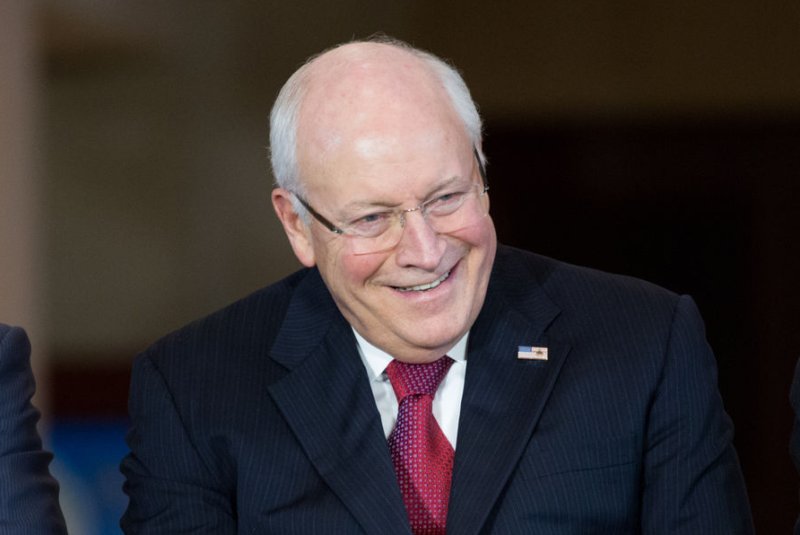The political landscape pauses today as we reflect on the passing of former Vice President Dick Cheney, who has died at the age of 84. A figure synonymous with immense power and influence, Cheney’s decades-long career left an indelible mark on American governance and foreign policy, shaping critical moments in the nation’s history. His departure sparks conversations about a political era defined by his strategic mind and unwavering resolve.
A Life of Unparalleled Influence
From the halls of Congress to the Pentagon and ultimately the Vice Presidency, Dick Cheney’s journey through Washington was marked by an extraordinary accumulation of power and responsibility. He served as White House Chief of Staff under President Gerald Ford, represented Wyoming for a decade in the House of Representatives, and was Secretary of Defense during the first Gulf War. Each role built upon the last, cementing his reputation as a shrewd operator and a formidable force behind the scenes.
His tenure as Vice President under George W. Bush, however, is arguably where his influence reached its zenith. Often described as one of the most powerful vice presidents in history, Cheney was deeply involved in foreign policy, national security, and energy initiatives. He played a central role in the administration’s response to seismic global events, advocating for robust executive power and a decisive stance on international affairs. His policy positions, always articulated with conviction, consistently steered the nation through complex challenges.
Legacy and Complex Conversations
To speak of Dick Cheney is to speak of a legacy that elicits strong opinions and deep historical analysis. Admirers often point to his steady hand during crises, his commitment to national security, and his strategic vision for America’s role in the world. He was seen as a rock of stability, a pragmatic leader who prioritized tough decisions for the sake of the nation.
Conversely, his critics frequently focused on the expansive view of presidential power he championed, the rationale behind specific foreign policy decisions, and the long-term implications of his administrative choices. The debates surrounding his influence on intelligence gathering and the use of military force continue to resonate, fueling ongoing discussions about the balance of power within government and the ethics of wartime policy.
“Cheney was a master strategist whose influence will be debated for decades,” remarked one political observer, reflecting on his passing. “His impact is a testament to both his immense power and the often-divisive policies he championed.” This duality defines much of the dialogue surrounding his contributions, ensuring that his role in shaping modern American history will be revisited and re-evaluated for generations to come.
As the curtains close on the life of Dick Cheney, we are left to grapple with the extraordinary sweep of his career. He was a figure of immense significance, a strategist who operated at the highest echelons of government for decades, leaving an imprint that will endure long after his passing. Whether viewed as a steadfast patriot or a controversial architect of policy, his undeniable impact ensures he will remain a central figure in the narrative of the early 21st century. His was a life lived at the very heart of American power, a legacy now firmly etched into the annals of history.




